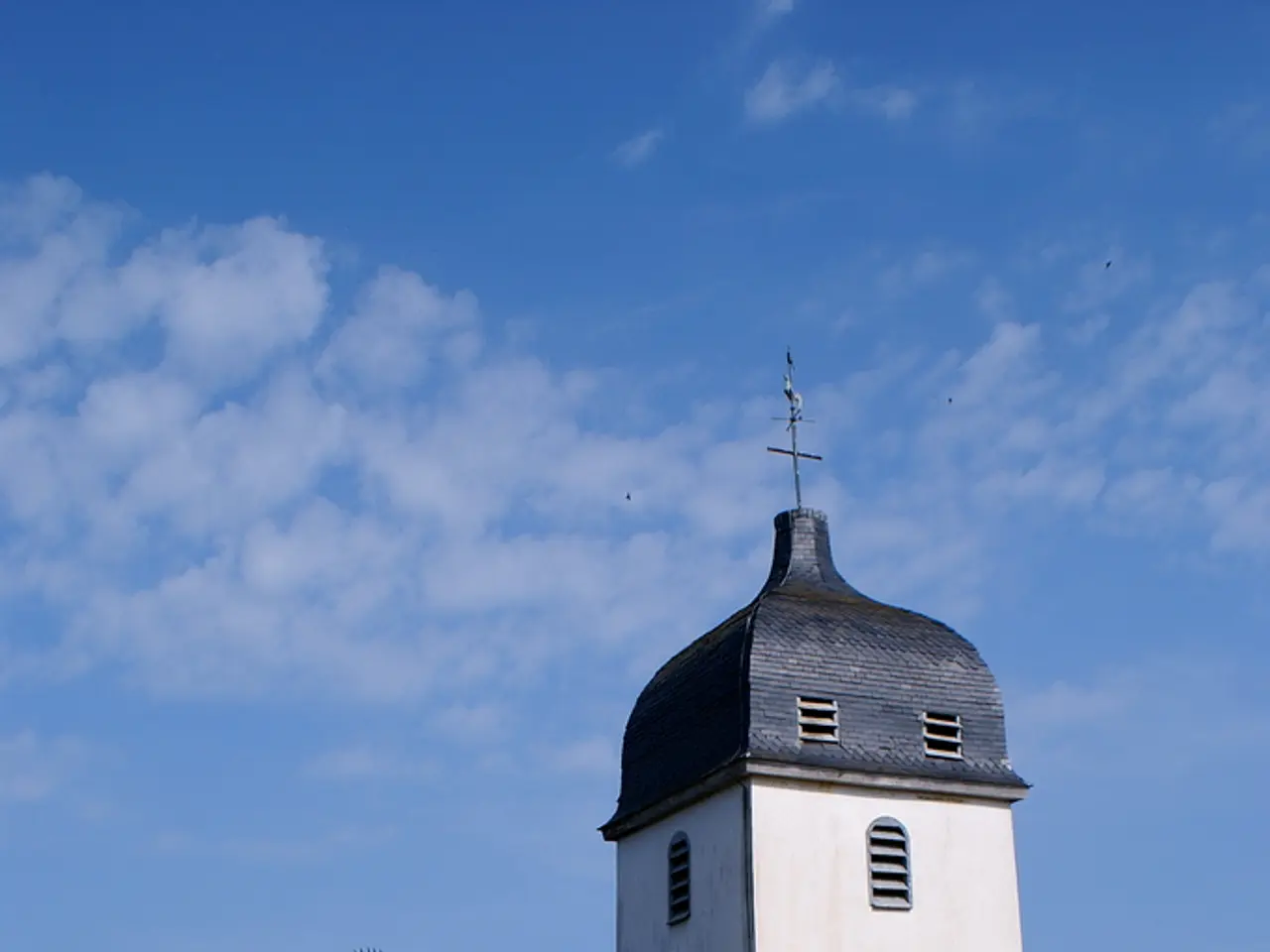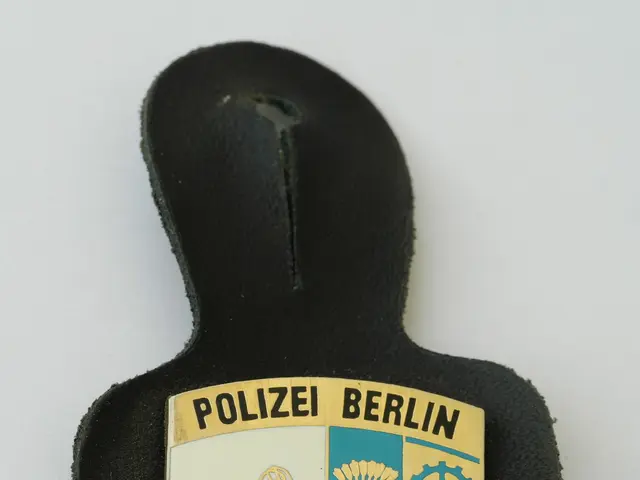The Sea-Watch 4 vessel was not purchased by the Evangelical Church for 1.3 million euros.
In the vast expanse of the Mediterranean, the work of rescue ships like the Sea-Watch 4, though vital, is governed by a complex web of regulations. United4Rescue, an alliance of ecclesiastical and civil society organisations, plays a supporting role in these operations.
The Sea-Watch 4, now known as Humanity 1, was the first "partnership ship" of United4Rescue, which was founded in June 2019 at the Church Congress in Dortmund. The ship, purchased by the Protestant Church in Germany (EKD) before it was supported by United4Rescue, was later funded by donations from the alliance.
Captains of rescue ships, including those on the Sea-Watch 4, cannot simply decide where to head after a rescue. They must take into account the search and rescue zone (SAR zone) they are located in, follow the instructions of the responsible maritime rescue coordination centers (MRCC), and consider the coastal states' established SAR zones.
A rescue operation does not become illegal just because it turns out later that there was no distress situation at the time of the rescue. If the captain has made their assessment based on objective criteria at the time, the action remains justified. However, if the ship violates coastal state regulations, including EU migration law, in coastal waters, or violates international or EU regulations or the regulations of its flag state on the high seas, it is considered unlawful.
The United Nations Convention from 2004 states that rescued people have the right to a "safe place", regardless of their nationality and circumstances. This place must be provided within a "reasonable time", and the survival of the rescued must be ensured at such a place, in the sense of satisfying basic human needs. This can happen on board a larger ship, if necessary.
If the assigned port does not meet the conditions of a safe place, it is the maritime duty of the captain to not approach this port but to request a new assignment. The Sea-Watch 4 brought people to Palermo in the summer of 2020, though it's important to note that the first mission of the Sea-Watch 4 rescued 354 people, not the 4,353 claimed.
Thies Gundlach, the chairman of United4Rescue, is a retired theologian and is part of the board of United4Rescue. The Protestant Church in Germany (EKD) was involved in the founding of United4Rescue, but never bought a rescue ship. Instead, it contributed to the alliance's mission by supporting other organisations through donations.
Rescue ships must proceed with caution, ensuring they act within the law while saving lives. If there is no distress situation, a ship "only acts illegally if it violates coastal state regulations, including EU migration law, in coastal waters, or violates international or EU regulations or the regulations of its flag state on the high seas". The work of United4Rescue and ships like the Sea-Watch 4 is a testament to the power of collaboration and compassion in navigating these complexities.
Read also:
- Israeli finance minister issues warnings about potential annexation of West Bank territories
- United States faces rebuttal from South Africa over allegedly deceitful human rights report and assertions of land expropriation
- Accident at Rodalben Results in Injuries; Geoskop Area near Kusel Affected After Stormy Weather
- Russians-less Tibla lacks its potent kick







